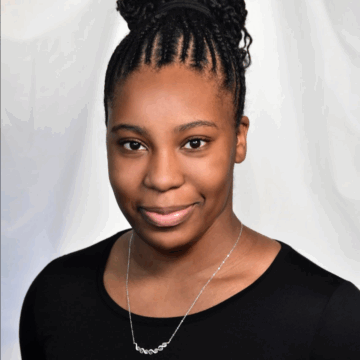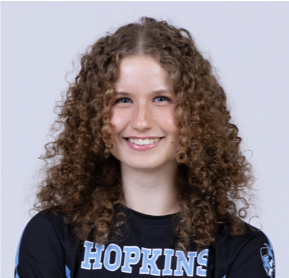
By Isabella
Whether I was blowing out candles, writing a letter to santa, or waiting for the clock to turn 11:11, my one wish growing up was not for something, but for someone. I wanted a sibling. I would always look to my friends and think how lucky they were to have brothers and sisters to play with, while I was stuck at home alone with my parents.
However, these sentiments soon changed and my life was transformed, when my parents came home with my new sister, Mia. And while Mia was a furry, Lhasa Apso dog, rather than the human baby sister or brother I dreamed of, she helped me accept and even cherish my life as an only child. I came to realize, however, that it would take much longer for me, and much more than a dog, to accept the other ways I felt alone within my group of friends and my community as a whole.
Living in a predominantly white town and attending a school with a population of about 75% white students has had a huge impact on the way I view my Filipino self. While my friends ate turkey and cheese sandwiches at lunch, I would secretly pick at the traditional adobo chicken my mom had sent me that day. I stood by as my classmates made jokes stereotyping and generalizing Asians into one category, even though I knew there were vast differences in our cultures. During social studies classes, I noticed that I learned more about the ancestry of my friends, rather than my own. Consequently, I began to accept the notion that my heritage was of less importance and something to be ashamed of. I masked the pungent aromas of the Filipino delicacies my immigrant parents made with pasta and hamburgers when my friends came over, I laughed off incidents when parents or teachers would mistake me for the only other Filipino girl in my grade, and I recognized that learning solely about European and East Asian history in world history classes was the norm. I started to believe that assimilation was the only pathway to acceptance, along with the only way I could feel less alone within my community.
It was not until I entered high school that I realized how wrong I was. Although I did not encounter an increase in diversity in terms of ethnicity, I saw an increase in the spectrum of perspectives around me. Through electives, clubs, and activities, the student body I was met with since my freshman year was open-minded, as well as politically and culturally active and engaged, and I immediately joined in. At speech and debate tournaments, I talked with students from across the globe, while at discussions between the High School Democrats Club and Young Conservatives Club at my school, I enjoyed listening and being exposed to different viewpoints. Suddenly, I was no longer willing to feel defeated and instead began to feel confident in displaying my Filipino pride. I introduced my friends to an array of Filipino dishes from lumpia to toron, I asked my social studies teachers questions about the history and current state of the Philippines, and I no longer saw myself and my background as what differentiated me from others and caused my feelings of aloneness, but as something that I should embrace.
I changed my narrative from “alone” to “unique,” and I strive to spread the message that being different can and should be the norm to my peers. I would not be who I am without my Filipino background, and although the community I live in is what previously made me feel alone, it is also what gave me the potential to learn, grow, and broadened my appreciation for what made me unique.
Admissions Committee Comments
Isabella’s narrative shows how her Filipino identity has developed over time from feeling “alone” to “unique” in her community. Without this piece of the application, the admissions committee may not have understood this important aspect of her experience. We knew from Isabella’s activity list and letters of recommendation that she is active in her community, but this essay showcases why particular clubs, conversations, and questions are significant to her. We can imagine Isabella thriving at Hopkins given her examples of finding opportunities to embrace diversity of viewpoints and identities.





